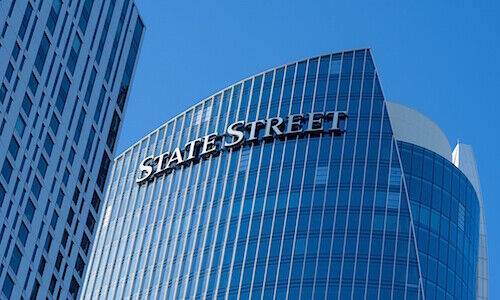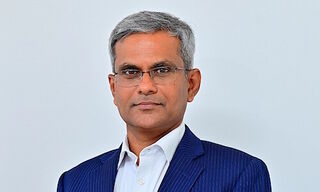Despite ongoing volatility in cryptocurrencies, demand is on the rise and Asia is witnessing related interest across the board from a variety of investors and financial services providers.
After the crypto market reached its all-time high of around $3 trillion in total value when Bitcoin peaked in mid-November, the digital asset class has tumbled back to about $2 trillion.
But despite ongoing turbulence in the nascent market, there is still growing interest in Asia across a diverse mix of investors and providers.
UHNW Demand
On the investor side, family offices in the region are expected to be a new driver of demand in 2022.
According to a recent report by Campden Wealth and Raffles Family Office, just 19 percent of Asia Pacific family offices were invested in cryptocurrencies, lagging behind their North American and European counterparts which have allocated 30 percent and 17 percent, respectively, in the digital asset class.
However, outsized returns have caught the attention of APAC family offices with 53 percent calling cryptocurrencies a «proving investment» with 38 percent planning to increase exposure this year.
Retail Demand
Retail investor demand is also on the rise, evidenced by the increasing introduction of crypto offerings at consumer banks.
Just yesterday, Philippine’s Unionbank – the recent buyer of Citi’s Philippines consumer banking business – announced that it would launch crypto trading and custody services with a forecast that the average Filipino will likely hold 3-5 percent of their wealth in digital assets, up from the current 1-2 percent.
And in November last year, Australia’s largest bank CBA became the country’s first to roll out cryptocurrency services for retail customers.
«The emergence and growing demand for digital currencies from customers create both challenges and opportunities for the financial services sector, which has seen a significant number of new players and business models innovating in this area,» said CBA chief executive Matt Comyn.
Private Banks: Still Conservative
In addition to local lenders, several global banks are also exploring opportunities in the space such as DBS, which boasts S$600 million ($446 million) of digital assets under custody as of end-October, and Standard Chartered which launched its London-based crypto business Zodia Custody in July last year.
But pure-play private banks continue to be relatively conservative on testing the new market.
«For a lot of investors, the natural hedge against inflation was gold but they were disappointed by gold movements […] and we started to see people find refuge in cryptos,» said Pictet Wealth Management’s Asia chief investment officer Alexandre Tavazzi. «On our side, we are still working on how to value [cryptocurrencies] and how to propose them eventually to our clients. We have not reached any conclusions for now.»
«It’s not something we look at or advise on at this point,» said UBP’s CIO Norman Villamin. «But one of the key messages we are leaving with people for 2022 […] is to embrace a lot of those changes and identify opportunities. And a lot of that change is going to create volatility and disruption.»



























